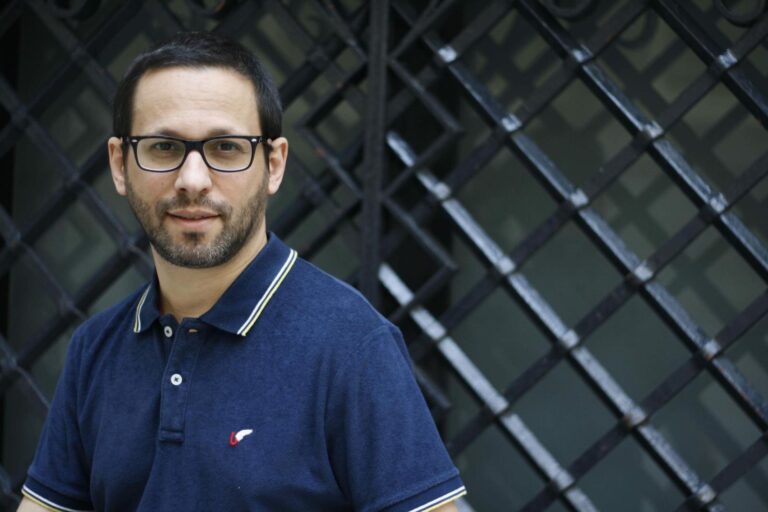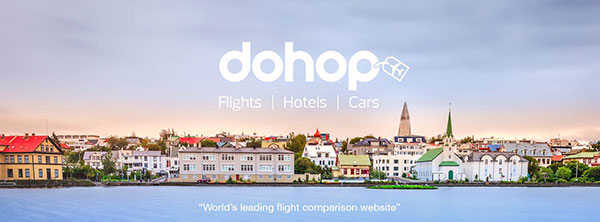A bookstore chain in Hungary, Lira Konyv has been fined 250,000 forints (around 102.000 ISK) for selling a children’s book (originally written as two books) by writer Lawrence Schimel, Micsoda család!, that depicts families headed by same-sex parents. The reason given for the fine was that the bookstore broke consumer protection rules by failing to warn customers that the book contained “content which deviates from the norm”.
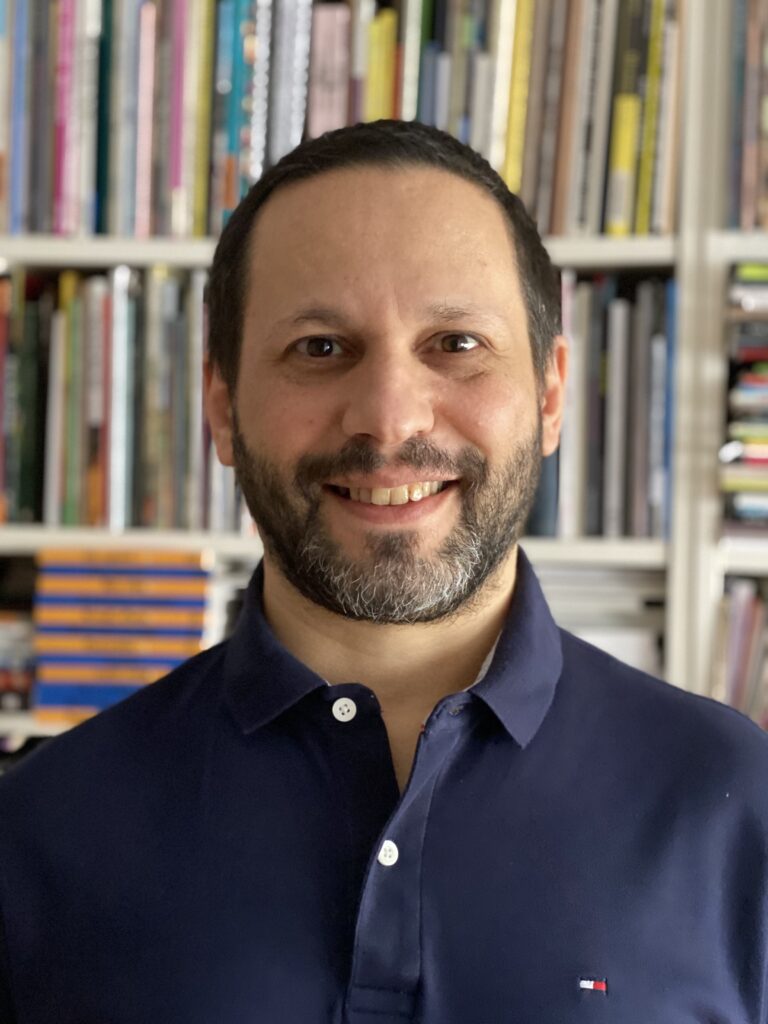
“It was fined using not the new propaganda law, which went into effect the next day, but a consumer fraud law, claiming that the bookshop cheated customers by putting the book with other children’s books and not warning consumers that my book contained families different from the “normal”,” explains Lawrence.
He says he was surprised by this, especially by the fact that city officials in Budapest chose to “make this new attack on the day BEFORE the propaganda law came into effect.” But he thinks that this is primarily what these laws are trying to do. “The aim is to try and create fear and hate. The new propaganda law is so vague and unspecific,” he points out, “It is not clear: is it illegal to publish a book like mine? To sell it? What if a parent reads it to their own child?”
The aim is to try and create fear and hate
Shortly after publication, the beforementioned book was trashed on Hungarian television news channel Hír TV. “I was shocked,” Lawrence says about the incident, “but also amazed that they managed to devote an entire 40 minute program to attacking the books. The books are each 8 rhyming couplets, so the Hungarian edition, which publishes both books together, is 16 rhymes long. You could read the entire book hundreds of times in 40 minutes!”
Asked what he thinks of the new propaganda law, in general, Lawrence says it’s terrible, on so many levels. “It is equating homosexuality with criminality without actually saying that homosexuality is illegal.
But even the whole purpose of the law is so ridiculous. When Hungarian children turn 18 years and one day, they will suddenly discover homosexuality exists, but it is the government that has been lying to them all this time.
It is also so counterproductive: it will raise a generation of Hungarians who are out of step with the globalized world in which we all live. But the government does not want an educated populace, but instead an uneducated one which is easier for them to manipulate.”
“A law like the one that’s passed in Hungary is so terrible, because the only thing it serves is to teach children is that it’s OK to hate and discriminate.”
Lawrence compares this to the effects of a similar legislation passed in England in the nineties. “If you look at the case of Section 28 in England, it was another translated children’s book that showed two fathers – in this case the Danish picture book JENNY LIVES WITH ERIC AND MARTIN by Susanne Bösche with photographs by Andreas Hansen, that was translated into English by Louis Mackay and published by the Gay Men’s Press in 1983 – which was at the heart of a similar draconian legislation that was passed, and which took years before it was repealed. And the effect on generations of people growing up, whatever their sexuality, was very harmful.”
In his mind the new law in Hungary is also clearly a political move with the aim of “trying to foment right-wind nationalist sentiments and support, against people of Roma descent, against “foreigners” and “immigrants”, against LGBTQ people, etc. “It is mostly aimed to try and create fear and hate.”
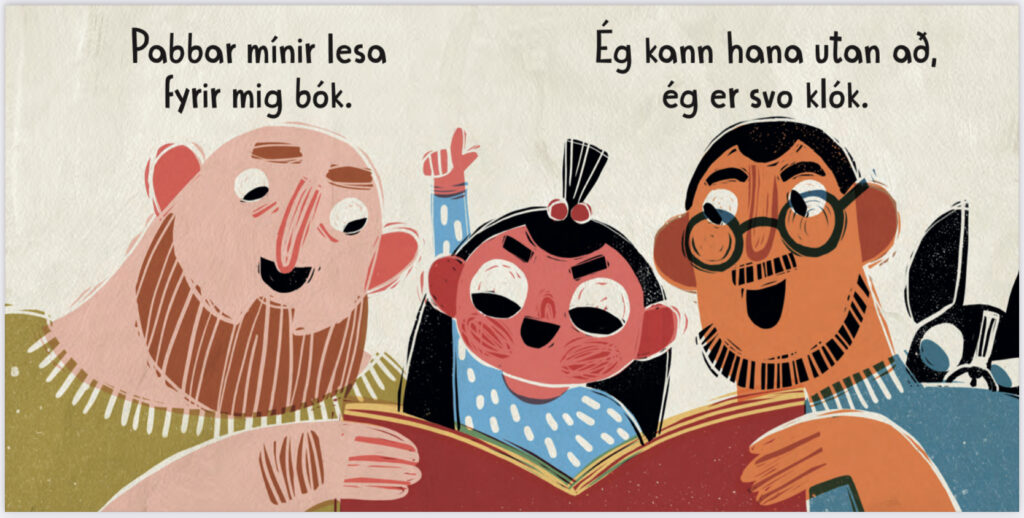
“These books are so important”
Lawrence says that he thinks it is terrible that the Hungarian government is using these law in a discriminatory fashion to try to attack and suppress books with LGBT content. However he points out while the government of Hungary is attacking his own book so many Hungarians are so supportive of it, as well as the collection of fairy tales Meseország mindenkié that was published last year by a lesbian collective and which also came under attack by the government.
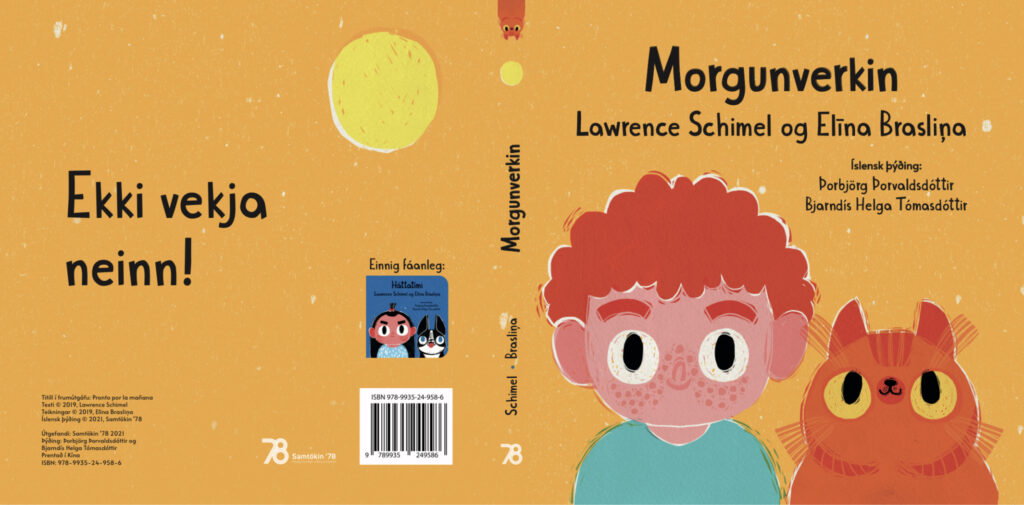
“Most of the attention has been on the government’s attacks and attempts to suppress these stories, but I think we also need to value all the people who are both working to create or publish books like these that show the diverse and varied world in which we live, including children. It has been wonderful to see so many people, of all orientations, buying and reading the books with the kids in their lives – or sometimes the cats and dogs.”
He says it’s also humbling and inspiring to him that so many different editions of these books have been or are forthcoming in so many different languages and countries around the word (including Iceland where they will be published by Samtökin ’78 in September under the titles Morgunverkin and Háttatími). So far, it’s almost 30. “That is amazing for these two little books with rainbow families and shows how much people want and need these stories, which they often haven’t had available for them before.”
“It is necessary for kids in same-sex families to be able to see themselves and their families reflected in culture, but it is also essential for all kids to see these families as well, the families of their friends and classmates.”
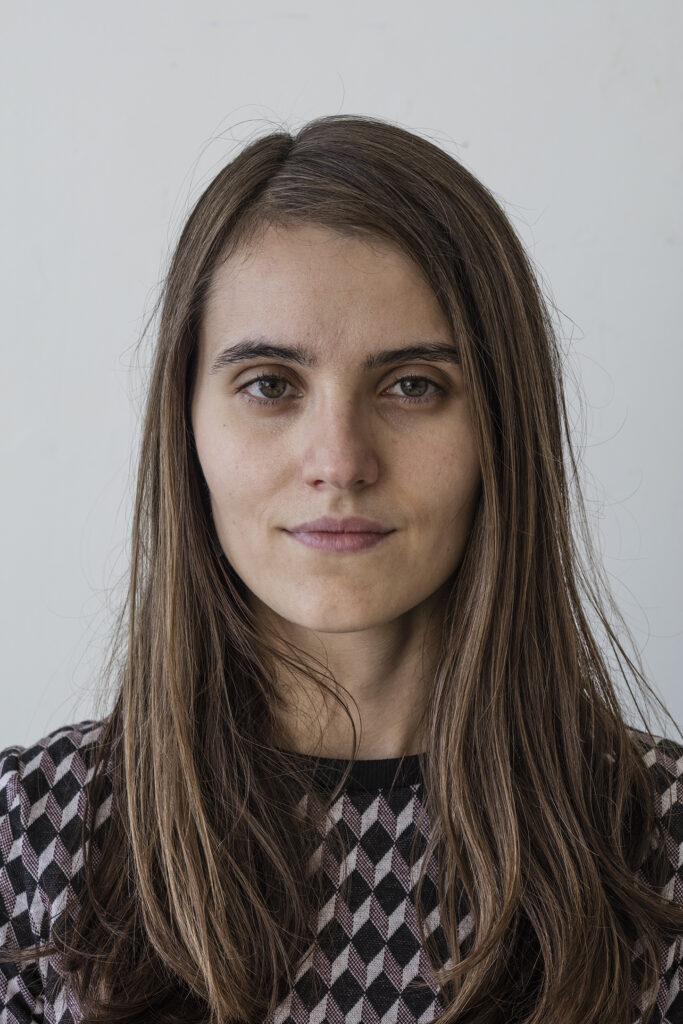
He says that when Elīna Brasliņa, the artist, and he set out to create the two books that in Hungary were published in one volume asMicsoda család!, the idea was to create stories about queer families that were simply FUN. So many of the stories that he had seen so far were all about overcoming prejudice in some way. And while that is important, he felt that those other kinds of stories were still missing. Ones that were just about and celebrating queer joy.
“And that’s why I think these books are so important. It is necessary for kids in same-sex families to be able to see themselves and their families reflected in culture, but it is also essential for all kids to see these families as well, the families of their friends and classmates.
Because LGBTQAI people exist in the world, and it’s important to reflect the world in all its variety and sometimes even complexity in what we offer children. To do anything else is to suppress information about the world, which is a way of lying to them. I think it’s important to not underestimate the intelligence of kids, they live in the world and they see what is in it and what is missing from it, too. Or from the books and videos they see.
That’s why a law like the one that’s passed in Hungary is so terrible, because the only thing it serves is to teach children is that it’s OK to hate and discriminate.”
More needs to be done
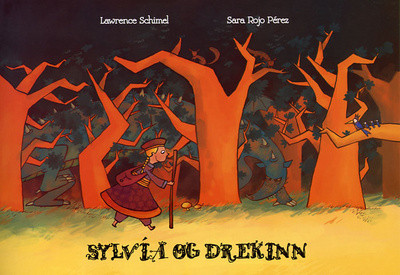
The new law in Hungary has been widely criticized across Europe, by several world as well as human rights groups. But does Lawrence think that enough is being done?
“It is very easy to say that the Hungarian government’s actions are contemptible but that still doesn’t stop them from this continued harassment and bullying and suppression of LGBT lives and culture. So definitely more needs to be done,” he says.
“And it is not acceptable for a country in the EU to so repeatedly violate the rights of its citizens in this fashion. So hopefully this new Hungarian law will be overturned.”
NOTE: Since this interview took place, the European Commission has indeed begun to take legal steps against Hungary and also Poland for these infringements of the rights of the countries’ LGBTQI citizens.

